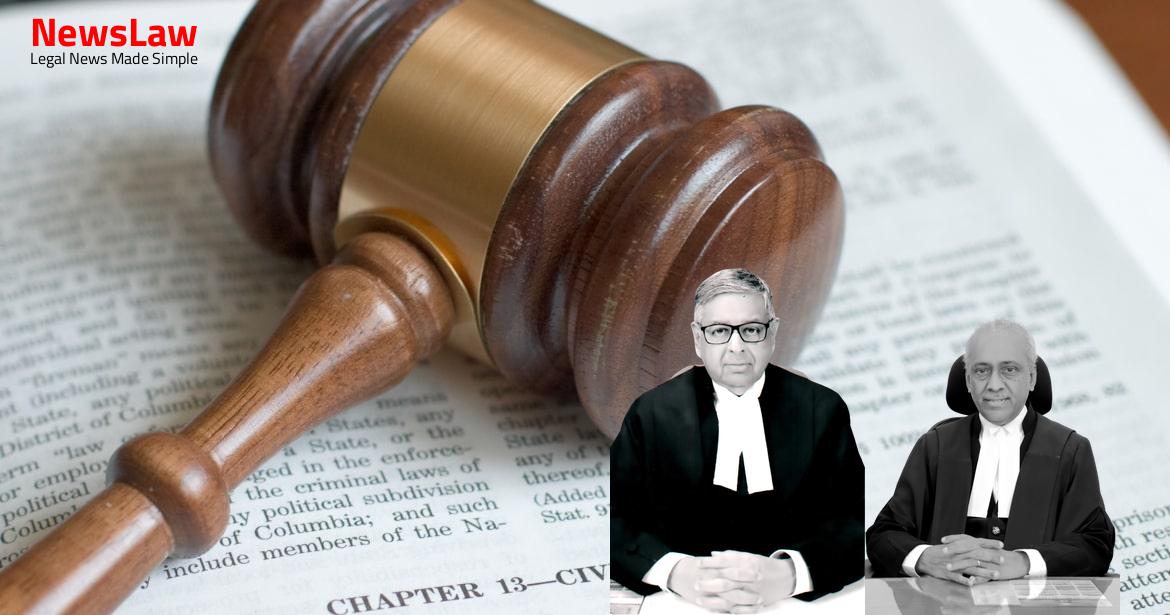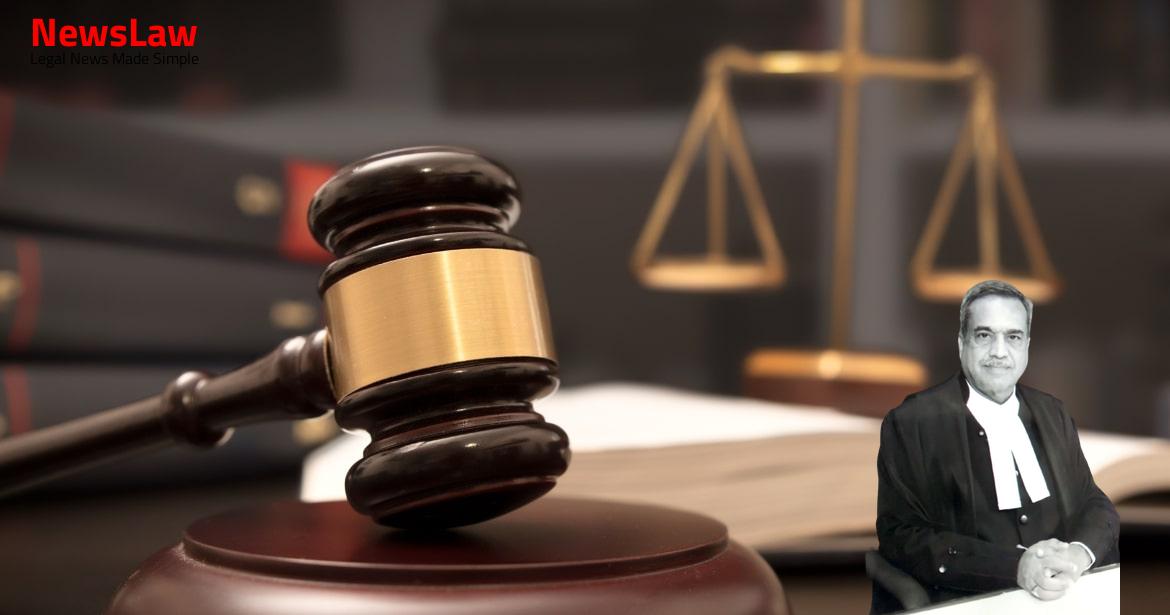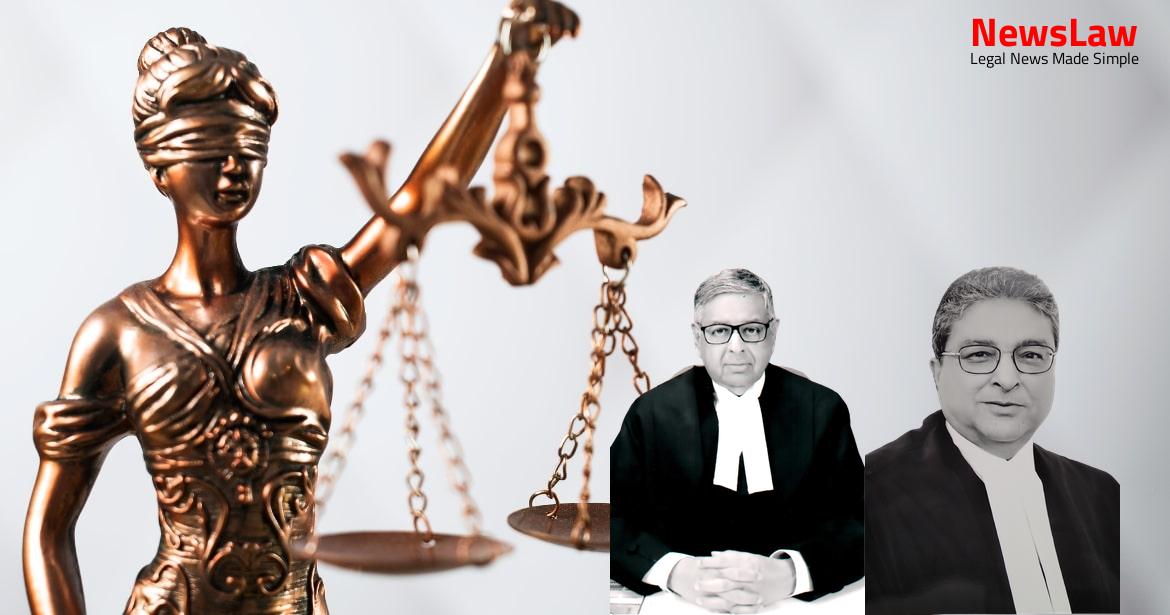In a significant legal case before the Supreme Court of India, a constitutional challenge to arbitration laws was addressed. The case involved a dispute between the parties over the implications and conflicts arising from the 2019 Amendment Act. Key points from the judgement highlight the importance of clarity and consistency in the application of arbitration laws, promoting investor confidence and legal certainty.
Facts
- The facts relevant for the determination of these matters can be found in Writ Petition (Civil) No.1074 of 2019.
Also Read: Supreme Court Judgement: Determination of ‘Seat’ of Arbitration Proceedings
Arguments
- The Petitioners argue that Section 87 of the Arbitration and Conciliation Act, 1996 is constitutionally infirm and violates Articles 14, 19(1)(g), 21, and 300-A of the Constitution of India.
- They contend that Section 87 takes away the vested right of enforcement and the binding nature of an arbitral award, acting in contradiction to the BCCI judgment.
- The provision is deemed unreasonable, excessive, disproportionate, and arbitrary by the Petitioners.
- A dual consequence is highlighted – the fruits of an award are denied to the Petitioner, leading to financial hardship and vulnerability to insolvency.
- The retrospective resurrection of the automatic-stay provision is criticized for allowing award debtors to claim back sums paid to award holders.
- The Petitioners assert that the Counter-Affidavit filed by the Union of India lacks sufficient justification for introducing Section 87 which contradicts the BCCI judgment.
- They stress that the provision hinders their ability to pay debts, potentially leading them to insolvency despite financial stability.
- The challenge to the Insolvency Code also focuses on the inability to recover dues from debtors, posing a disadvantage to the Petitioners.
- The absence of a set-off mechanism and the lack of a level playing field in terms of initiating the resolution process is deemed manifestly arbitrary.
- The argument extends to governmental bodies owed substantial amounts by the Petitioners under arbitral awards, indicating a complex legal situation.
- r. Singhvi, learned Senior Counsel, states that his client will pay the Operational Creditors in these two interlocutory applications amounts of Rs.8.81 crores and 26.21 crores within a period of 12 weeks from today.
- The Union of India alleged that the Petitioner company had been paid the amount of the contract, even with escalation, in almost all cases.
- Ms. Pinky Anand, learned Additional Solicitor General, supported the submissions of both the learned Attorney General and the Solicitor General.
- The key challenge in the present Writ Petitions is the constitutionality of the Insolvency Code as argued by Dr. Singhvi, who claims that the provisions of the Insolvency Code would operate arbitrarily on his client.
- The Union of India contended that the Petitioner company had been paid more than the initial contract value by the Respondent PSUs (approximately 117%).
- Claims of the Petitioner company against the Respondent PSUs, such as ‘loss of profit,’ were considered to be outside the scope of the basic contract value and would not affect the financial health of the company.
Also Read: Union of India v. Arbitral Award: Limitation and Condonaion of Delay
Analysis
- Contracts made by the Authority must be sealed with the common seal of the Authority, with certain exceptions.
- Contracts exceeding a prescribed value must be approved by the Central Government.
- The form and manner of making contracts shall be as provided by regulations.
- Additional capital and grants can be provided to the Authority by the Central Government.
- A National Highways Authority of India Fund shall be constituted, and the Authority shall prepare an annual budget.
- The Authority is empowered to survey, develop, maintain, and manage highways, among other functions.
- The Central Government may guarantee the repayment of borrowings made by the Authority.
- The accounts of the Authority shall be maintained, audited, and submitted annually to the Central Government.
- The judgement discusses the implications and conflicts between different provisions of the Arbitration Act, 1996 such as Section 34 and Section 36.
- It highlights the importance of the 2015 Amendment Act in streamlining arbitration proceedings and reducing court interference.
- The analysis focuses on the impact of Section 87 introduced by the 2019 Amendment Act and the deletion of Section 26 of the 2015 Amendment Act.
- It points out the potential arbitrariness and contradictions created by these amendments and their effect on the enforceability of arbitral awards.
- The summary also mentions the recommendations of the Srikrishna Committee Report regarding the applicability of the 2015 Amendment Act to court proceedings.
- It discusses the need for clarity and consistency in the application of arbitration laws in India to promote investor confidence and legal certainty.
- The legal principle that judicial pronouncements cannot be nullified by subsequent legislation unless through amending or validating acts with retrospective effect is reiterated.
- The 2015 Amendment Bill aimed at making arbitration more user-friendly, cost-effective, and efficient by introducing various provisions like a model fee schedule and fast-track dispute resolution.
- Challenges to the provisions of the Insolvency Code in the present writ petitions were found to be without merit due to the nature of the disputes and the applicability of the Code.
- The Court emphasized that once challenges are made to arbitral awards, the amounts deemed due by an operational debtor become disputed, exempting them from the Insolvency Code proceedings.
- Key points from the 2015 Amendment Bill related to appointing arbitrators, time limits for arbitral awards, and fee determination were discussed.
- The Court highlighted the importance of the balance between legislative powers and judicial decisions based on fundamental principles of law and justice.
- Judgments and legal principles related to arbitration awards, judicial interference, and the grounds for challenging awards were cited throughout the analysis.
- The Court further discussed the application of the amended Section 36 of the Arbitration Act, emphasizing the need for the Insolvency Code to be invoked only in clear cases without disputes.
- The role of the Court in arbitration proceedings, interpretation of legal provisions, and the essence of the alternative dispute resolution system underpin the Court’s decisions and recommendations.
- The scheme would not have required a 10% additional bank guarantee if it had ended within one year.
- Requiring a 10% additional bank guarantee per annum is not arbitrary and ensures coverage of the interest component.
- The 10% extra bank guarantee is meant to cover the interest component per annum and protect the Government from potential losses.
- The condition for a 10% additional bank guarantee is due to the possibility of renewing the bank guarantee for 75% of the pay-out amount to contractors.
Also Read: Jurisdictional Dispute Resolved: Supreme Court Ruling in the ONGC vs. Vendor Code Case
Decision
- M.A. Nos. 2140-2144 of 2019 in C.A. Nos. 2621-2625 of 2019 allowed as per prayer (a) therein.
- The plea presented was found to have no substance and was rejected.
- All Writ Petitions are disposed of based on this judgment.
Case Title: HINDUSTAN CONSTRUCTION COMPANY LIMITED Vs. UNION OF INDIA
Case Number: W.P.(C) No.-001074 / 2019



